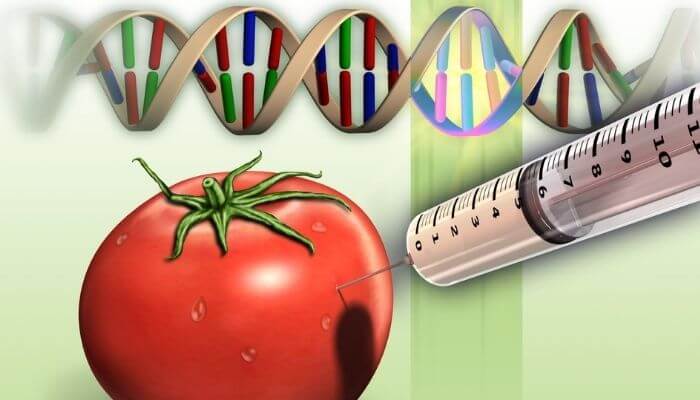
What impact will labeling of GM food products have on producers and developers of GMO foods? What impact will labeling of GM food products have on research of GMOs?What impact will labeling of GM food have on consumers?
Chapter 4 of “Good Corporation, Bad Corporation: Corporate Social Responsibility in the Global Economy” by Jimenez and Pulos discusses genetically modified organisms (GMOs) and their impact on the global economy. GMOs are organisms whose genetic material has been altered in a way that does not occur naturally through mating or natural recombination. The authors explore the controversy surrounding GMOs and the potential impact of labeling GMO food products.
Labeling of GM food products has been a contentious issue in many countries. The primary concern is that consumers have the right to know what they are consuming and whether it contains GMOs. Producers and developers of GMO foods argue that labeling could have a negative impact on their business. They claim that labeling would increase the cost of producing and marketing GMO foods, making them less competitive in the market. Additionally, labeling could lead to negative perceptions of GMOs, which could further reduce demand for these products (Jimenez & Pulos, n.d.).
On the other hand, labeling of GM food products could have positive impacts on research of GMOs. Labeling would provide researchers with more data on how consumers perceive GM foods and their willingness to pay for them. This information could be used to improve the design and marketing of GMO foods, making them more appealing to consumers.
Labeling of GM food products would also have a significant impact on consumers. It would give consumers the ability to make informed decisions about what they eat. Consumers who are concerned about the safety or environmental impact of GMOs could choose to avoid them. Conversely, those who are supportive of GMOs or do not have concerns about them could continue to consume them (Jimenez & Pulos, n.d.).
There are also several challenges associated with labeling GM food products. One challenge is defining what constitutes a GM food product. Some argue that only products that contain genetically modified DNA should be labeled, while others argue that products derived from genetically modified organisms, such as meat from animals fed GM crops, should also be labeled. Another challenge is ensuring that labels are accurate and informative. Labels must provide enough information for consumers to make informed decisions without being overly complex or confusing (Cureus, 2020).
In conclusion, labeling of GM food products is a complex issue with potential impacts on producers, researchers, and consumers. While labeling could increase the cost of producing and marketing GMO foods, it could also provide valuable data for researchers and give consumers the ability to make informed decisions about what they eat. However, there are several challenges associated with labeling GM food products, including defining what constitutes a GM food product and ensuring that labels are accurate and informative. Ultimately, the decision to label GM food products should be based on a careful consideration of the potential benefits and drawbacks.
References
Jimenez G., Pulos E. (n.d.) Good Corporation, Bad Corporation: Corporate Social Responsibility in the Global Economy. Chapter 4. Retrieved from https://milnepublishing.geneseo.edu/good-corporation-bad-corporation/chapter/4-genetically-modified-organisms-gmos/
Cureus. (2020, March). Genetically Modified Products, Perspectives and Challenges. Retrieved from https://www.ncbi.nlm.nih.gov/pmc/articles/PMC7164548/
